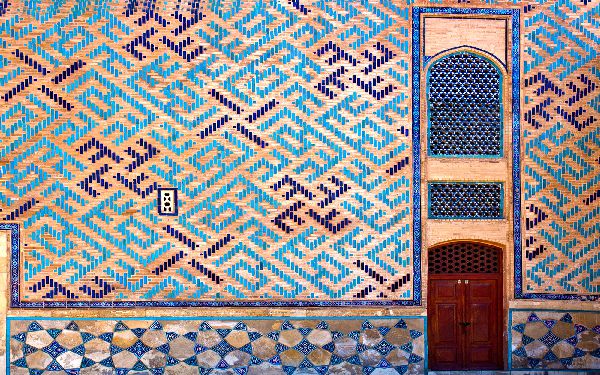
West side of Mausoleum
A story in design
Part of the finished side of the tomb of Yassawi
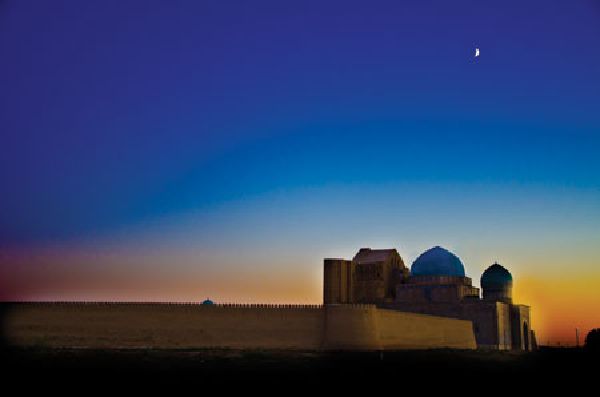
Mausoleum of Hoja Ahmed Yassawi
Hazrat-el-Turkestan, Southern Kazakhstan
Taste just one drop from the pitcher of Love - Hoja Ahmed Yassawi
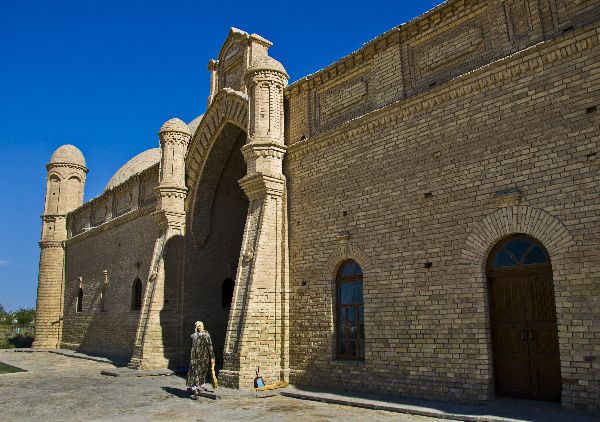
Tomb of Arystan Bab
Yassawi's major teacher
The saint Arystan Bab waited for over 500 years to impart the sacred persimmon seed to his young charge at age 7. It was he who initiated Hoja Ahmed Yassawi ont a life time's path of opening others to their true spiritual purpose
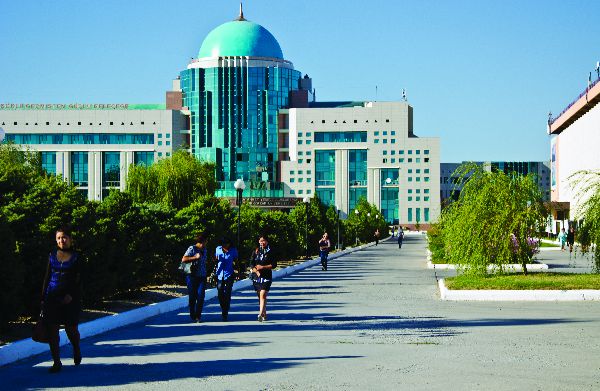
Yassawi University - Turkestan
An exemplar of education
Yassawi spent his life teaching others and his legacy in his eyes were that all should be afforded education on all levels. The Hoja Ahmed Yassawi University has brought these wishes to fruition. One of the most comprehensive seats of learning in Central Asia.
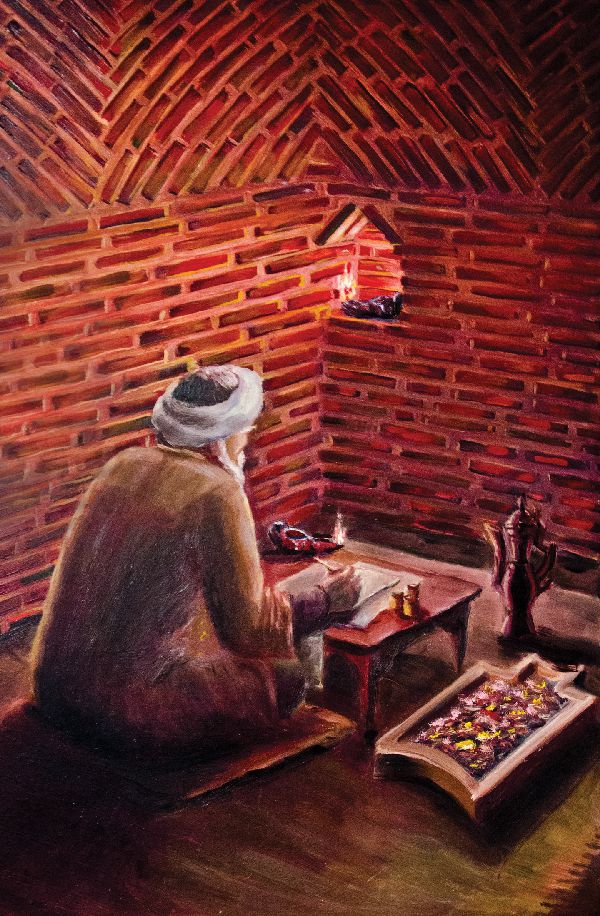
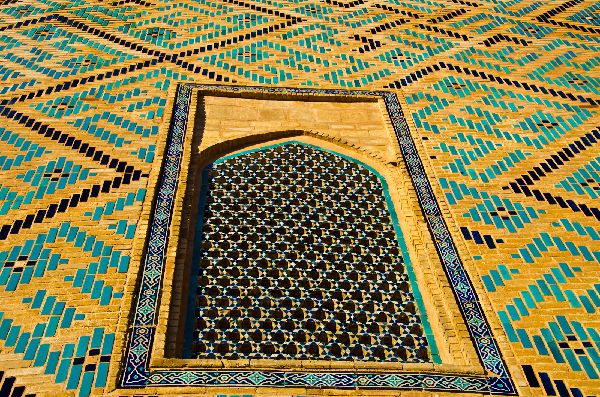
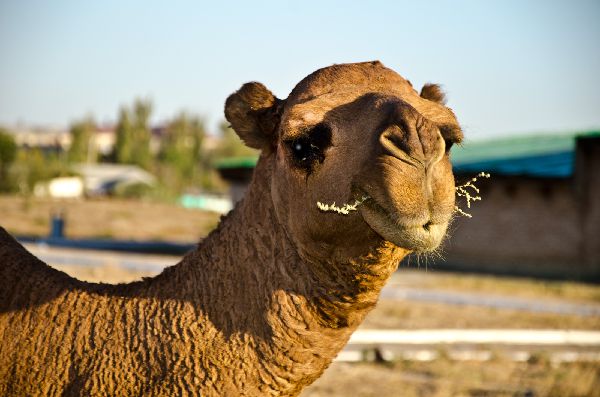
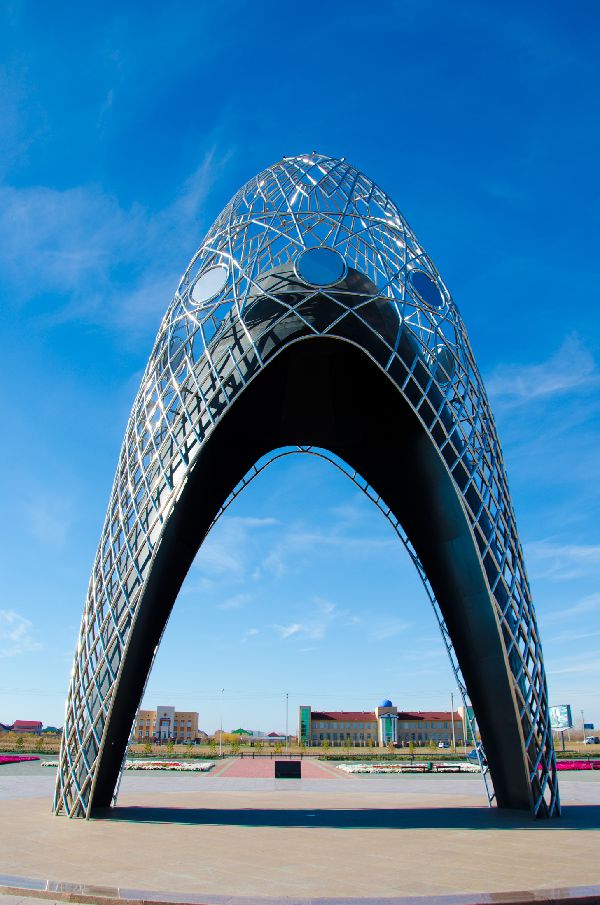

SHARE THIS PAGE!